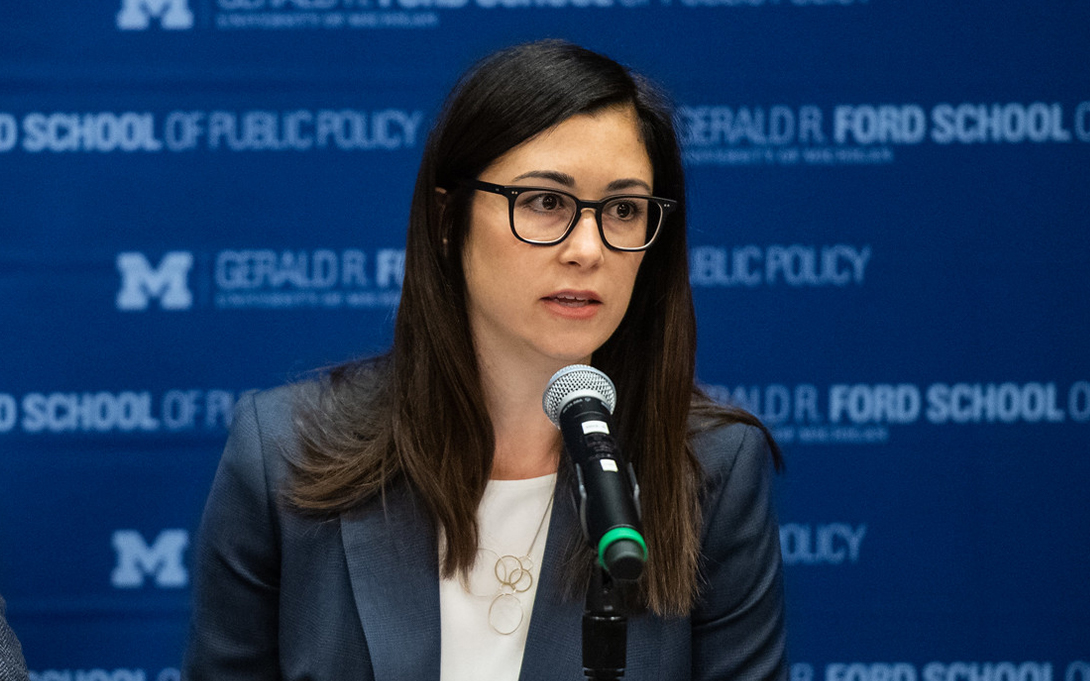
This Sunday's print edition of the Washington Post included an opinion piece penned by joint doctoral student Jessica W. Gillooly. The post, titled "Want to stop more Starbucks scenarios? Train these people." suggested that 911 operators have a key role to play in reducing racially-motivated encounters between police and citizens.
Gillooly has been working at a 911 call center while pursuing her Phd in sociology and public policy at the University of Michigan. In her op ed, she explains that 911 operators are trained to determine whether calls for service warrant police attention, but that in "an environment of uncertainty and confusion," call-takers "understandably rely on the motto 'When in doubt, send them out' to avoid liability."
She notes, however, the signicant risks to community members posed by activation of police, and lists a number of high-profile recent examples of racially-biased 911 calls.
Educating the public about implicit bias cannot hurt, writes Gillooly. But she suggests that policymakers and police departments pursue "a more realistic solution" by addressing the problems with the call-takers, rather than the call-makers. She calls for clearer protocols to be established for ambiguious 911 calls, for training operators to press harder for details on reports "that someone 'doesn't belong here,'" and for awareness campaigns to "align expectations between callers and call-takers as to the types of questions callers will face when reporting suspicious activity, including asking for the caller's name and call back number to ensure greater accountability."